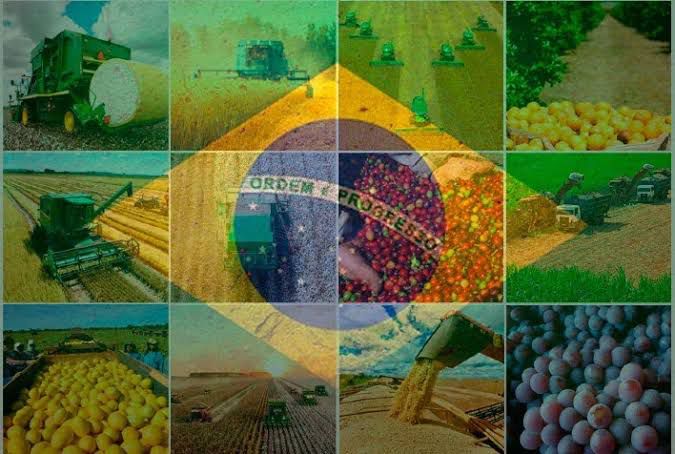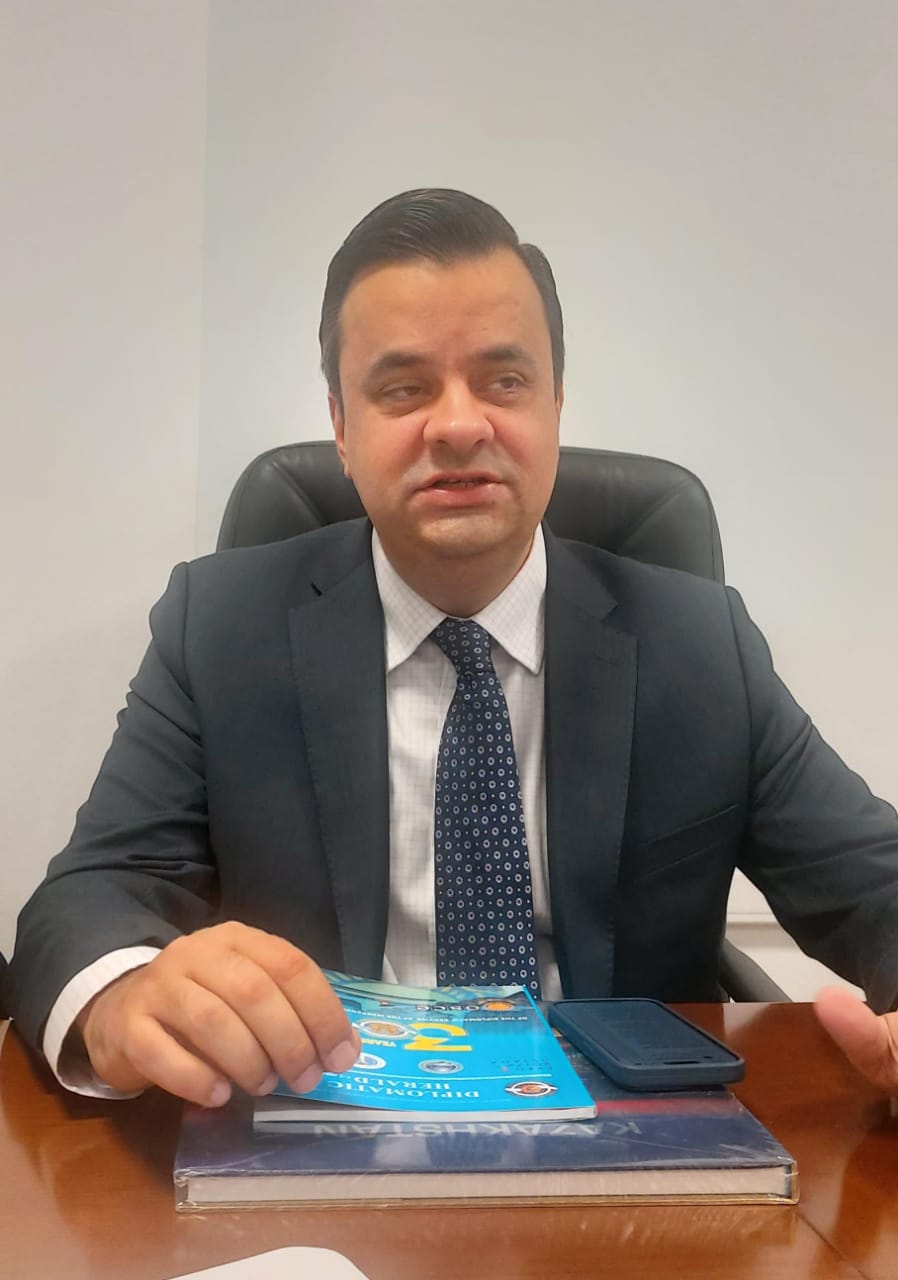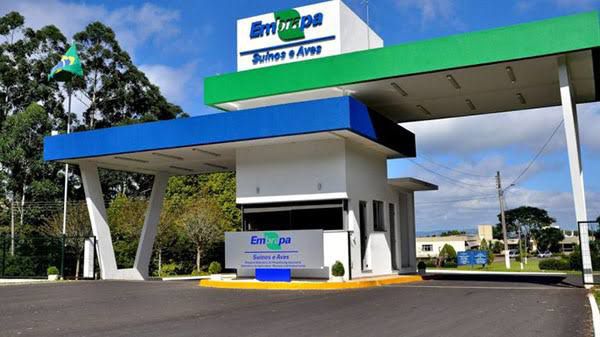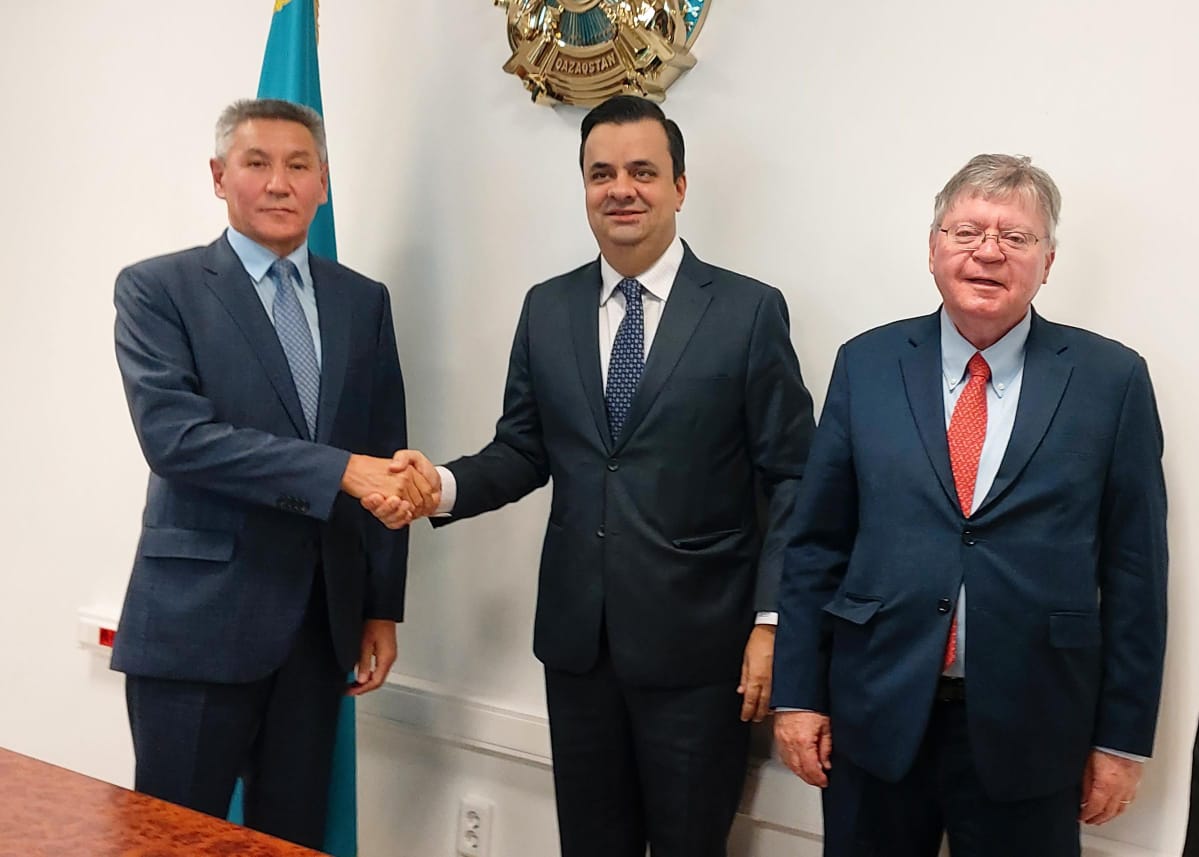ASTANA – Last week, a Brazilian delegation headed by Vice Minister of Agriculture of Brazil Roberto Perosa visited Kazakhstan and held negotiations with representatives of government agencies and business executives.

Photo credit: Ilyas Omarov.
In a Q&A interview below, Mr. Perosa spoke about bilateral cooperation, the Brazilian view on the problem of food security, scientific potential in agricultural development, and the balance between the development of farmland and environmental protection.

Roberto Perosa. Photo credit: Ilyas Omarov.
What is the purpose of your visit to Kazakhstan, which took place on the 30th anniversary of the establishment of diplomatic relations between our countries?
Our goal is to strengthen friendly and fraternal relations, thereby showing how important Kazakhstan is to Brazil.
What is the current state of bilateral cooperation?
According to the size of the territories of our countries and the relations established between us, the prospects are tremendous. Agriculture in Kazakhstan allows us to sign the necessary documents, in particular, new protocols of cooperation between our relevant departments and open markets more widely for the two countries.
As a leader in the export of food products, Brazil can offer Kazakhstan a huge amount of its products and make Kazakhstan a kind of export hub for the Central Asian region.
Could you elaborate on the food security issue in Brazil?
For Brazil, food security is synonymous with peace. We are trying to do everything to contribute to reducing hunger and fighting the unfair distribution of food and poverty. Brazil makes every effort to ensure that the production of our goods and products has the required level of quality and sanitary control. For example, we have not recorded a single case of bird flu. Our country has a large number of industries, production capacities and opportunities to export these products throughout the world. It is important to note that in recent years, Brazil has achieved this as a result of the introduction of new technologies.
What about introducing scientific potential in agricultural development?
In Brazil, there is a state research corporation called Embrapa, which, over the past 50 years, has introduced and advanced the development of technologies that make it possible to grow food on soil that is not entirely suitable for this. To put this all into perspective, I would like to point out that thanks to these technologies, the surface area of crops has recently increased by 150%. Our main pride is that the productivity of these lands has increased by 600%. Thanks to cooperation with the company Embrapa in the application of their technologies, we will be able to share this knowledge and technologies with Kazakhstan.

Photo credit: Ilyas Omarov.
In 2016, Brazil adopted the program Agro +. Please tell us more about this initiative.
Yes, in August 2016, Brazil began implementing the Agro+ state program, aimed at reducing bureaucracy in agribusiness and increasing industrial efficiency. In addition to optimizing resources, creating jobs and growing income in the agro-industrial sector, an important area of the program is the active attraction of investment in the industry. In order to implement this program, 66 steps have been developed, the ultimate goal of which is to achieve the country’s agricultural production volumes equal to 10% of global agriculture.

Photo credit: Ilyas Omarov.
This is just one of various such programs. For example, since May 2017, the Family Agriculture Harvest Plan 2017-2020 program has been implemented to create opportunities for family agriculture development. This plan, recognized by the FAO as one of the most important tools to eradicate hunger in Brazil, brings together government programs to provide assistance in economic organization, credit and insurance for family agricultural production, including family farming insurance, price guarantee programs for family farm products.
Today, we have revived it with Agro+, and we are implementing the ABC+ program aimed at low-carbon agriculture. This program provides for adaptation to new climatic conditions and reduction of greenhouse gas emissions. Through the practice of ongoing support, the effectiveness of this program has been increased.
How to develop agriculture and at the same time not harm the environment?
At the moment, the country has adopted very tough and strict legislation in the field of biodiversity conservation and deforestation. Some 1,600 hectares are available for tree planting over the next 10 years. With this program, we will not cut down a single tree and will double the area available for planting and growing agricultural products.
Is there a water issue in Brazil?
We don’t have a drinking water problem in Brazil. We follow sustainable development and maintain pools of potable water.
Assessing the results of your visit, what can you say about the prospects for cooperation in agriculture? Is it possible to exchange experience in this area, transfer agricultural technologies from Brazil to Kazakhstan, and interact in the field of education in the agricultural sector?
I believe that there are many opportunities in all of these aspects, including the exchange of experience between our countries. We can find an institute similar to the Embrapa company in Kazakhstan, establishing close cooperation with it, which will include technology transfer and interaction in the field of education in agriculture, including student exchange.
Our audience won’t forgive us if we don’t ask the name of your favorite football player.
Thanks for this question. Of course, this is the King of football Pele.

